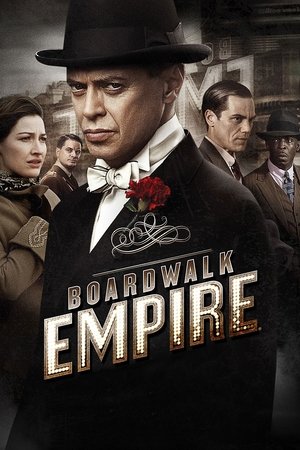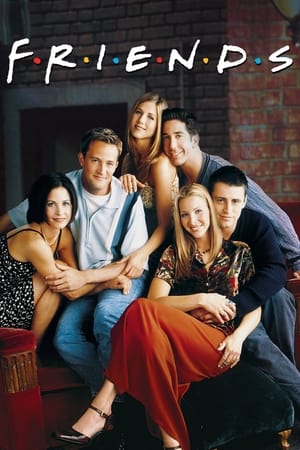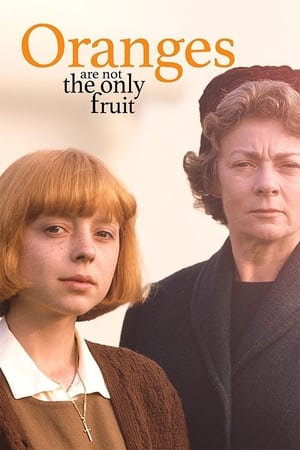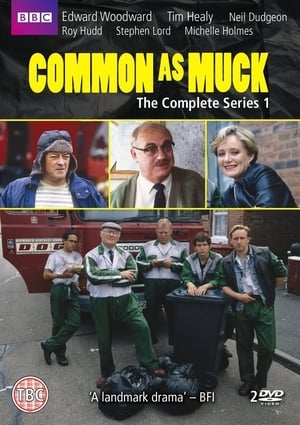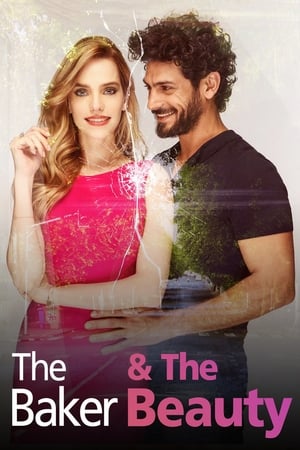Overview
Emma Woodhouse is a congenial young lady who delights in meddling in other people’s affairs. She is perpetually trying to unite men and women who are utterly wrong for each other. Despite her interest in romance, Emma is clueless about her own feelings, and her relationship with gentle Mr. Knightley.
Reviews
I am sure I haven’t watched them all yet, but I have viewed most of the adaptations of Jane Austen novels into movies and mini-series, and I have yet to see one I do not like. This version of Emma is no exception.
There is a very good ensemble cast of performers here, and even the characters who are somewhat silly: say, Miss Bates and Emma’s germaphobic father, are played up for their comic effect while retaining enough depth to allow us to care about them.
I imagine scriptwriters enjoy the challenge of adapting a Jane Austen novel, because a lot of what ends up as dialogue in the script is, in the books, exposition. That is to say, blocks of text that the author uses to fill in events and thoughts to the readers. That allows freedom for the script when it comes to the actual dialogue. And there is one small area that this version of Emma gets right, in my opinion, more than any of the others I have seen.
After Emma has embarrassed Miss Bates with her careless insult on Box Hill, Mr. Knightly confronts her over it and Emma feels ashamed, because she values his good opinion of her and therefore sees her joke in a new light. But presumably due to her elevated social status, when she goes to make it up to Miss Bates, she doesn’t apologize. The presumption seems to be that her contrite visit is apology enough, and perhaps it is. The scripts mostly stick to that detail. One version even skips the scene altogether and shows her entering and leaving the apartment of Miss Bates. Personally I have always felt that Miss Bates deserves more than that by the writers; yes, even from Jane Austen herself. But this version of Emma gives Miss Bates a bit more. Emma doesn’t apologize, but she does stress to the silly woman that she has a lot of friends in the village who support her and want things to go well for her. It is a light touch and strikes just the right chord, and reflects my belief that this version of Emma rarely puts a foot wrong.

 English
English
 7.6
7.6
 2009
2009
 United Kingdom
United Kingdom
 Peter McGinn wrote:
Peter McGinn wrote:
